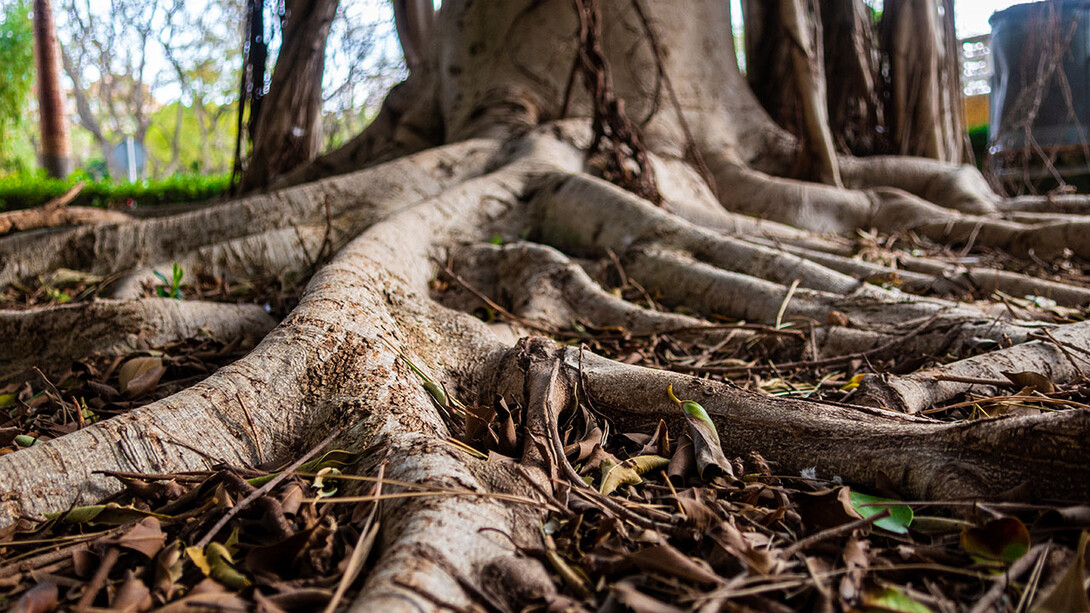
A University of Nebraska–Lincoln project to assess greenhouse gas sequestration resources received a $118,438 grant from the Nebraska Environmental Trust.
Carbon capture and storage has gained considerable recognition as a promising option to reduce greenhouse gas emissions to the atmosphere, said Seunghee Kim, assistant professor of civil and environmental engineering and project lead. Electricity production using fossil fuels and ethanol plants in Nebraska could use carbon capture and storage to operate while emitting far fewer greenhouse gases.

The study area of this project covers several counties in Nebraska: Arthur, Banner, Cheyenne, Deuel, Garden, Grant, Hooker, Keith, Kimball, Lincoln, Logan, McPherson, Morrill, Scotts Bluff and Thomas. Those areas had been overlooked by most U.S. Department of Energy carbon capture and storage projects, said Cara Burberry, associate professor of Earth and atmospheric sciences and project co-lead.
The project objective is to assess CO2 storage resources and opportunities in the study area and near the Nebraska Public Power District’s Gerald Gentleman Station, at levels deeper than the current Permian geologic units.
The researchers will use laboratory tests and simulations to determine various physical and mechanical parameters such as porosity, permeability, strength, stiffness and the storage coefficient. To accomplish these aims, Kim and Burberry’s team is leveraging a partnership with NPPD, which provides additional funding support to the project team.
This is the project’s second year of funding from NET; last year, it received $78,029. The project is one of eight Husker projects receiving support from NET this year.
The Nebraska Legislature created the NET in 1992. Using revenue from the Nebraska Lottery, the trust has provided more than $350 million in grants to more than 2,400 projects across the state. Anyone — citizens, organizations, communities, farmers and businesses — can apply for funding to protect habitat, improve water quality and establish recycling programs in Nebraska. The NET works to preserve, protect and restore the state’s natural resources for future generations.







